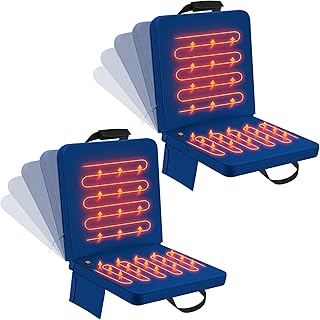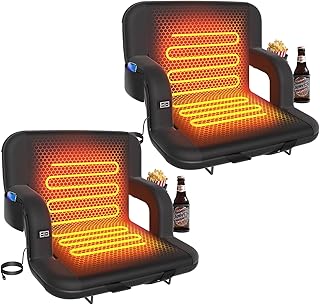In a compassionate blend of technology and social welfare, Japan has introduced solar powered heated benches in cities like Tokyo and Osaka. This innovative initiative uses renewable energy to offer shelter and warmth to homeless individuals during cold nights, providing a simple yet effective solution to protect vulnerable populations from harsh winter conditions.
This project reflects Japan's commitment to harmonious societal solutions and environmental responsibility through sustainable urban design.
🏙️ The Initiative: A Response to Urban Vulnerability
The project began testing in select locations, including central parks in Tokyo and public spaces in Yokohama, specifically targeting the issue of cold weather exposure among Japan’s homeless population.
Key Features and Mechanics
Technology Blend: The benches use embedded solar panels to collect energy during the day. This energy is then used to heat phase change materials, which retain heat when they melt and release it as they solidify, ensuring warmth is available after sunset.
Duration: The system can retain and distribute heat for up to twelve hours without relying on external electricity or fuel.
Accessibility: The design avoids common urban barriers, such as armrests that prevent lying down, making them more accessible for those without stable housing.
Expansion: The pilot program, which started with prototypes in 2024, expanded to dozens of installations by late 2025. Similar solar heated bus stop shelters are also being tested to maximize the benefit across public spaces.
The core approach promotes environmental sustainability while providing immediate relief in areas where traditional shelters may be limited or inaccessible due to capacity constraints or social stigma.
⚙️ How the Solar Powered Benches Work
The technology behind these benches is both simple and ingenious, engineered to optimize heat retention and durability in varied climates.
Technical Design and Operation
Daylight: Solar panels convert captured sunlight into energy, which is stored in batteries or used directly to heat the phase change materials.
Nighttime: The phase change materials release the stored heat, allowing the benches to maintain a comfortable temperature, radiating warmth without any external power source.
Materials: They feature copper wiring for even heat distribution and are constructed with weather resistant, low-maintenance materials suitable for urban environments.
Thermal Comfort: Engineers have optimized heat retention to achieve bench surface temperatures around 20 to 25 degrees Celsius (68 to 77 degrees Fahrenheit), even when outside temperatures drop to freezing. This level of warmth is crucial for preventing conditions like frostbite and hypothermia.
📈 Impact on Homelessness and Urban Sustainability
This initiative provides significant social and environmental benefits, positioning it as a model for humane urban innovation.
Social Impact
Reduced Health Risks: By providing heated public spaces, the benches offer a dignified way for individuals to stay warm, directly reducing health risks associated with cold exposure.
Inclusivity: The initiative helps foster a more inclusive society by ensuring urban areas remain welcoming for all.
Gateway to Support: Social workers report that the availability of these benches has encouraged more people to seek broader assistance from support systems.
Environmental Alignment
Renewable Energy: The project aligns with Japan's national commitment to renewable energy and reduces reliance on fossil fuels.
Scalability: The low cost of installation makes the project easily scalable.
National Goals: The effort integrates green technology into public infrastructure, supporting Japan's goal to achieve carbon neutrality by 2050.
➡️ Public Reception and Future Plans
The response has been overwhelmingly positive, highlighting the success of combining innovation with empathy.
Public Feedback: The benches are praised for combining practicality with kindness.
Future Scope: Officials plan to evaluate the pilot’s effectiveness throughout the winter before scaling up to cities like Kyoto and Nagoya. There is potential for international export of this technology.
Broader Solutions: While the benches are highly effective as temporary aid, advocates continue to urge government investment in systemic solutions to homelessness, such as affordable housing and job training programs.
As Japan leads the way in humane urban design, these solar powered benches serve as a compelling example of how technology can address social issues by blending practicality with kindness.
 |  |  |
 |  |  |
